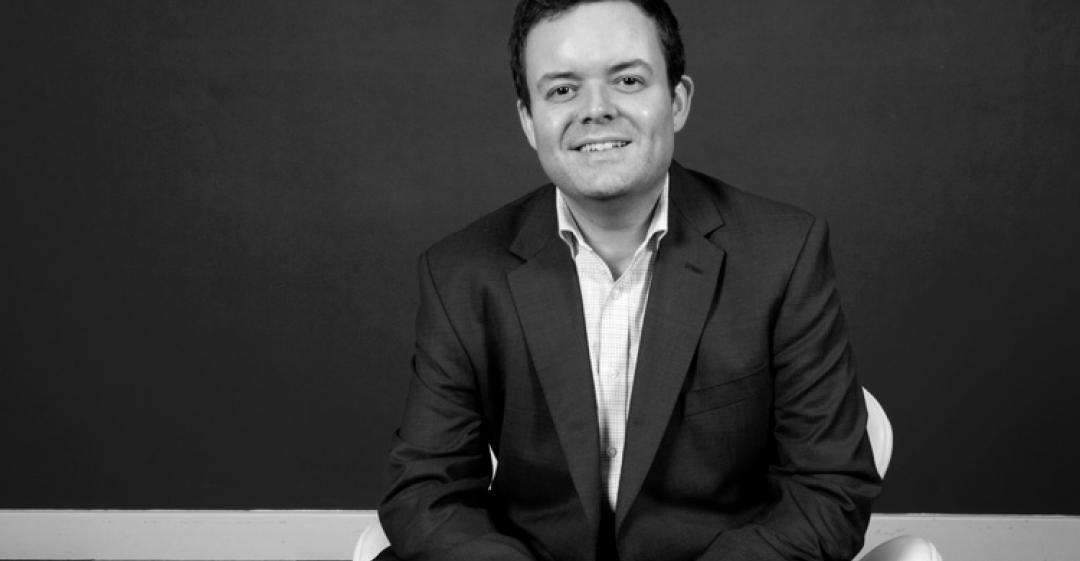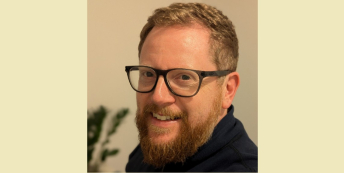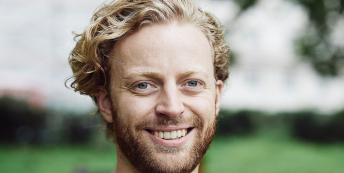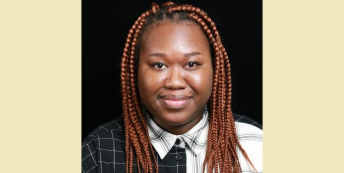“I wanted work that meant my weekdays were as interesting as my weekends, and where I didn't feel I was just marking time.”

What work were you doing previously?
I had a strategy role in International Banking — believe it or not in the safe bit that was actually bringing money INTO the bank!
What are you doing now?
I'm a strategy consultant in a leading customer insight and strategy business.
It's such a vibrant and creative environment, I love it.
Why did you change?
My job was "ok", but nothing more.
I had no ambition to progress there. I wanted work that meant my weekdays were as interesting as my weekends, and where I didn't feel I was just marking time..
When was the moment you decided to make the change?
Back in 2009. I was home in Ireland for a wedding, and that weekend I made up my mind that life was too short — if something wasn’t right, I needed to make a change instead of just complaining about it.
Are you happy with the change?
So happy!
I had a a few wobbles along the way, but I had a lot of faith in myself and can look back with pride. I'm doing everything I hoped and more.
What do you miss and what don't you miss?
I miss my good colleagues and friends, but we stay in touch.
I don't miss waking up every day and thinking "I've got to get out!". I'm generally so much more positive now.
How did you go about making the shift?
I started saving up until I knew I could stop working for a while.
Then I took 9 months off. The first four were about recharging and getting fit — I began to exercise and read widely about the things that interested me. Then I started engaging in the real world, and worked my way through potential firms I'd researched.
How did you handle your finances to make your change possible?
I was lucky to be in a position to save, I know that.
But also when I wasn't working I lived very simply.
What was the most difficult thing about changing?
Making the change from a banking environment to consulting.
Getting a firm to take a chance on me as a senior hire with no formal consulting experience wasn't easy, but I made it happen by not giving up.
What help did you get?
I'm not a natural networker, but former colleagues and friends were really supportive.
I met some contacts who gave me great advice about the industry. I also practised talking about my achievements and aspirations before having to do it in interviews.
How did the Careershifters workshop help?
It helped me focus on my motivations, and I used this as the benchmark to test every opportunity against — if it wasn't up to scratch, I didn't pursue it.
What have you learnt in the process?
Don't be afraid to meet people just to get advice and not feel you're asking them for a job.
Keep talking and read what interests you — try to build something based on that.
What do you wish you'd done differently?
Nothing, really.
I know I didn't do it earlier because I was saving up. I still think I was very lucky too.
What would you advise others to do in the same situation?
Leave where you're working on good terms.
Make it real by talking about it to as many people as possible, as help can come from unexpected places.
Plan in small steps.
Also focus on your transferable skills (no matter how diverse the change) and how your experience is relevant. Don't try and be something you're not already. I was never a consultant but navigating corporate politics was second nature to me and that was the value I brought.
Don't look back too much in despair, move forward. You'll get scared but hold your nerve and keep the faith!
What resources would you recommend to others?
I found Twitter a great resource for following people I was interested in, with helpful links for reading in my field of interest.
Use your network, keep talking, and ask for advice and perspective.
What lessons could you take from Alan's story to use in your own career change? Let us know in the comments below.



